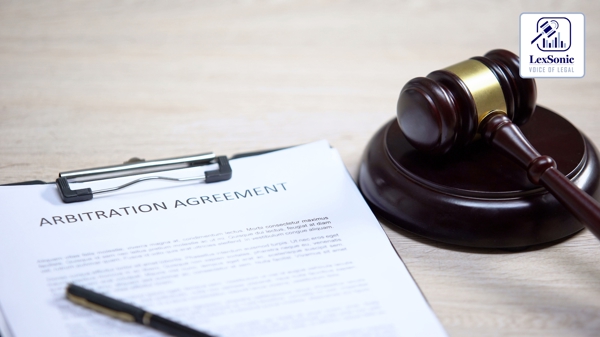Understanding the Role of Arbitration Clauses in Lease Disputes.
09 July 2024
Arbitration >> Corporate Law | Property/Real Estate Law >> Property & Real Estate
Background:
The lease agreement in question, executed on 17th September 2012, was never registered but included a provision under Clause 16 for arbitration in case of disputes. Initially set for six years, the lease was scheduled to end on 31st January 2019. However, after this date, the defendant continued to occupy the premises, claiming there were verbal agreements for lease extensions.
Dispute and Court Proceedings:
Following the expiration of the written lease, Rahul Chaudhary filed a lawsuit seeking possession of the property and recovery of increased rent from February 2019 onwards. In response, Mukesh Khurana invoked Section 8 of the Arbitration & Conciliation Act, 1996, arguing that the verbal agreements constituted an extension of the original lease terms, thereby maintaining the arbitration clause's validity.
The Trial Court, however, dismissed the defendant's application under Section 8, ruling that there was no existing written arbitration agreement post the expiry of the initial lease period. Dissatisfied with this decision, Mukesh Khurana appealed, contending that the verbal agreements should be recognized as valid extensions of the lease and hence also validated the arbitration clause.

Legal Framework and Analysis:
The appeal brought forth Sections 7, 8, and 16 of the Arbitration & Conciliation Act, 1996, which stipulate that arbitration agreements must be in writing to be enforceable. The court was tasked with determining whether the verbal agreements between the parties constituted a new lease agreement or merely extended the terms of the original lease. Crucially, it had to ascertain whether the arbitration clause remained enforceable despite the absence of a renewed written agreement.
Court's Decision and Conclusion:
Upon careful evaluation, the court upheld the Trial Court's decision, ruling that the lease had terminated by efflux of time on 31st January 2019. The subsequent verbal agreements, according to the court's interpretation, did not suffice to maintain the arbitration clause from the original lease agreement. Therefore, the appeal was dismissed, affirming that for an arbitration clause to remain valid post-lease expiration, there must be a clear continuation or renewal of the written lease agreement as per legal requirements.
